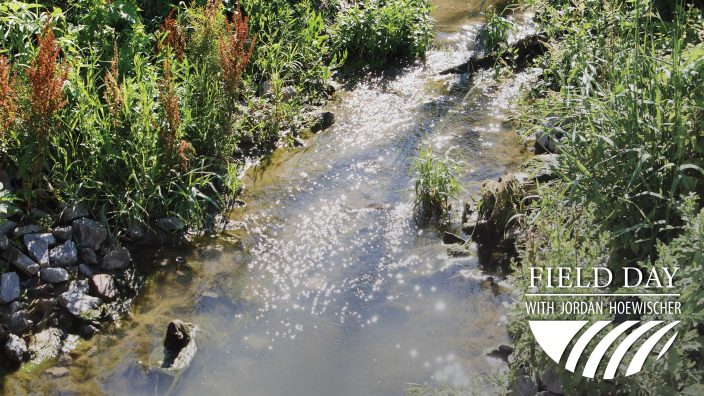Farmer’s Guide to Trucking Regulations available to Ohio Farm Bureau members
The guide includes a farm driver checklist, overview of state and federal regulations and exemptions, CDL qualifications and more.
Read More
In the latest edition of Field Day, Ohio Farm Bureau’s Director of Water Quality and Research Jordan Hoewischer talks with Dr. Robyn Wilson, associate professor of risk analysis and decision science at Ohio State University. Wilson’s research includes studying decisions based on patterns of human behavior and involves the science of agricultural decision-making in the Western Lake Erie Basin. Wilson grew up on a farm in northwest Ohio, where the family farm is still in operation.
“Over my career I’ve seen a big shift and just legitimate interest in social science,” Wilson said. “(There is a) legitimate realization that…if we keep running around ignoring that piece of the puzzle then we’re not going to solve a lot of these problems and we’re going to put out policies and solutions that aren’t going to be effective.”
This is the fourth installment of Field Day with Jordan Hoewischer, an ongoing series of conversations with industry experts and leaders who are helping to shape and secure the future of Ohio’s ag industry for generations to come.
Following are some highlights from Episode 4. A transcript of the conversation can be found here.
A: We’re in the middle of our fourth survey right now in the Western Lake Erie Basin. One of the driving questions of that project was whether or not we could offset the impacts of climate change on Lake Erie through changes in farmer behavior. The idea behind that is that what’s going on in Lake Erie is a function of two things. It’s a function of nutrient runoff from agricultural landscapes. It’s also a function of changing weather conditions. So it’s a function of bigger more variable rain events and warmer lake temperatures in the summer. So the logic is that those two pieces are probably equally responsible in some form or another. But if the public doesn’t support policies that are going to support farmers and farmers don’t respond the way that people want them to respond, none of that matters.
A: It’s probably not surprising that even though we’re 90-plus percent in terms of positive awareness, education, concern, willingness for a lot of things, we’re hovering at about 50 percent of farmers who say they could actually do this work. I can’t blame them. We have some improvements to do in the science, where we honestly don’t know the answers to some of the questions yet because these are complex systems. In some cases we do know more, but the messages haven’t been as clear as they need to be and so that’s more of a communication challenge. You could also have all kinds of willing people who want to do a practice but they just quite literally cannot because either it’s cost-prohibitive, they don’t have access to the equipment or the window in which it can be done by commercial applicators is not big enough to be done for everybody.
A: It’s great. It probably makes what I have to say something people are more willing to listen to because they feel like I at least know where they are coming from. I grew up in a farm environment and interact with farmers on a regular basis. I’m not an outsider.


The guide includes a farm driver checklist, overview of state and federal regulations and exemptions, CDL qualifications and more.
Read More


ODA will enroll 500,000 acres into the program for a two-week sign-up period, beginning April 22, 2024, through May 6, 2024. Contact local SWCD offices to apply.
Read More

Katie Share of Columbus has been named ExploreAg and Youth Development Specialist for Ohio Farm Bureau.
Read More

Mary Klopfenstein of Delphos has been named Young Ag Professional and Ag Literacy Program Specialist for Ohio Farm Bureau.
Read More

The plan has been updated to give sole proprietors access to more rate stability and a smart solution that offers potential savings on health care.
Read More

The American Farm Bureau Federation, in partnership with Farm Credit, is seeking entrepreneurs to apply online by June 15 for the 2025 Farm Bureau Ag Innovation Challenge.
Read More

Adele Flynn of Wellington has been elected treasurer of the Ohio Farm Bureau Federation and now holds the third highest elected office in Ohio’s largest and most influential farm organization.
Read More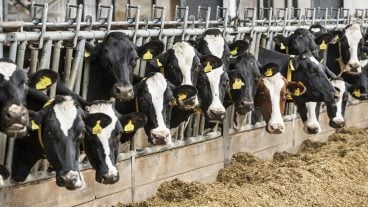
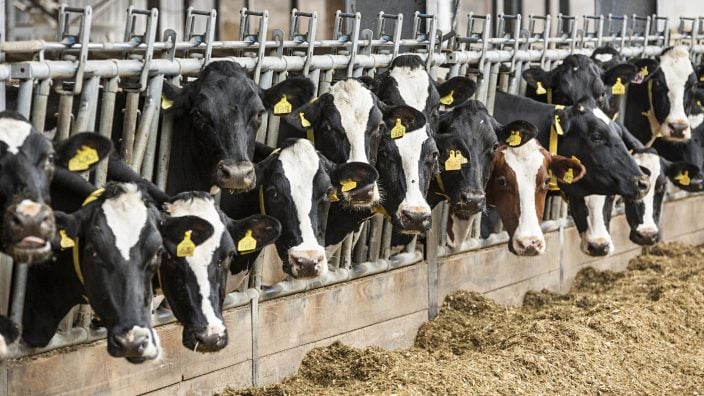
Producers are urged to work with their veterinarian to practice enhanced biosecurity measures and review and limit cattle movements within production systems.
Read More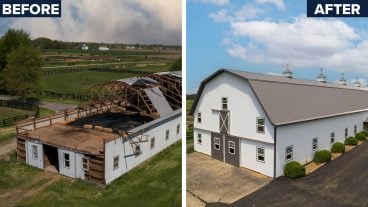
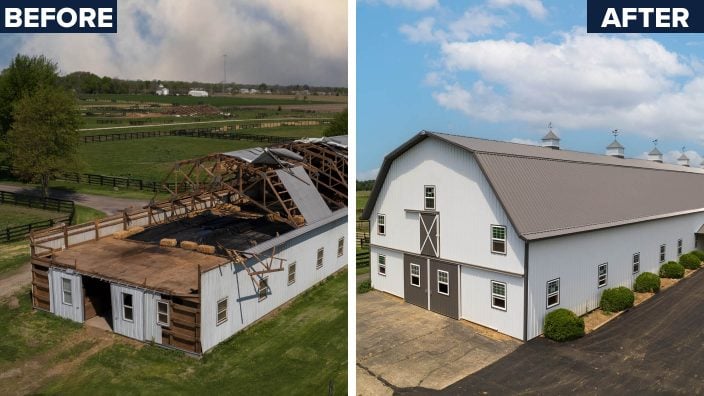
The changing seasons bring with them the need to thoroughly inspect pole barns for any damages that may have occurred during the winter months.
Read More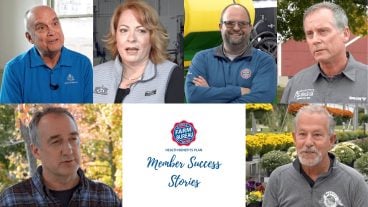
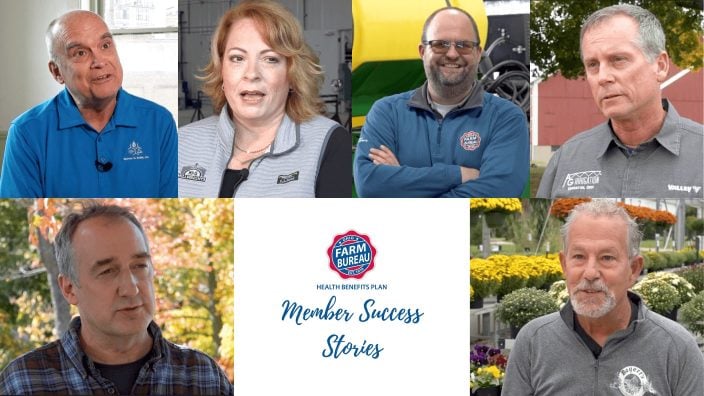
Hundreds of Ohio businesses and sole proprietors are raving about Ohio Farm Bureau’s Health Benefits plan with lower, predictable costs and easy enrollment and administration options.
Read More